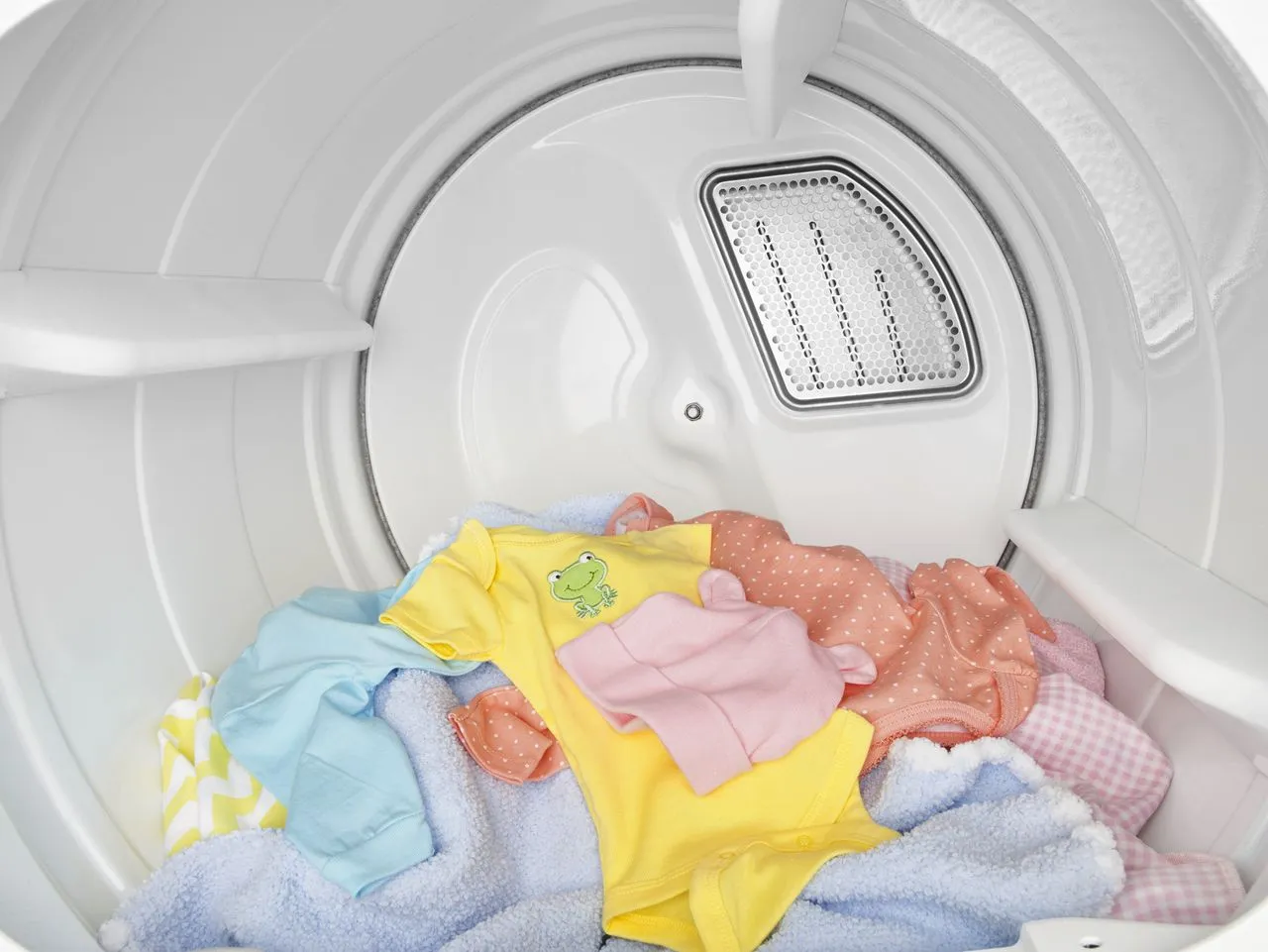

Articles
How Long Does A Dryer Last
Modified: October 27, 2024
Discover how long a dryer typically lasts and learn essential tips for prolonging its lifespan. Read our informative articles on dryer maintenance and troubleshooting.
(Many of the links in this article redirect to a specific reviewed product. Your purchase of these products through affiliate links helps to generate commission for Storables.com, at no extra cost. Learn more)
Introduction
When it comes to household appliances, the dryer is an essential appliance that brings convenience and efficiency to our daily lives. It saves us time and effort by quickly drying our clothes, sheets, and towels. But like all appliances, dryers have a limited lifespan, and knowing how long a dryer typically lasts can help you plan for its maintenance or replacement.
Before we delve into the average lifespan of dryers, it’s important to understand that several factors can affect how long a dryer lasts. These factors include the quality of the dryer, frequency of use, maintenance, and the type of dryer you have.
Now, let’s explore each of these factors in more detail to gain a better understanding of what determines a dryer’s lifespan.
Key Takeaways:
- Regular maintenance, proper usage, and care are key to extending the lifespan of your dryer. By following essential tips and recognizing signs of deterioration, you can ensure efficient performance for years to come.
- Understanding the factors affecting dryer lifespan and being proactive in maintenance can help you make informed decisions. Take necessary steps to keep your dryer in excellent condition and enjoy its convenience for longer.
Read more: How Long Does The Dyson Hair Dryer Last
Factors Affecting Dryer Lifespan
Several factors can influence how long a dryer lasts. Understanding these factors can help you take proactive steps to extend the lifespan of your dryer and ensure its optimal performance. Here are the key factors to consider:
- Quality of the Dryer: The quality and durability of the dryer itself play a significant role in determining its lifespan. Higher-quality dryers that are built with robust materials and advanced technology tend to last longer than cheaper, less reliable models.
- Frequency of Use: The more frequently you use your dryer, the more strain it will endure. If you use your dryer daily, it will experience more wear and tear compared to occasional use. Regular maintenance is essential for a frequently-used dryer to ensure it remains in good working condition.
- Maintenance: Proper maintenance is crucial for extending the lifespan of your dryer. Regular cleaning of lint filters, vent ducts, and dryer drums helps prevent clogs and ensures efficient drying. Additionally, scheduling professional maintenance checks and repairs can catch any potential issues early and prevent further damage.
- Type of Dryer: The type of dryer you own also affects its lifespan. There are two main types of dryers: electric and gas. Electric dryers tend to have a longer lifespan, usually lasting between 12 to 18 years. Gas dryers, on the other hand, have an average lifespan of around 10 to 14 years.
By considering these factors, you can gain a better understanding of how long your dryer is likely to last. However, it’s important to note that these are general estimates, and individual experiences may vary depending on specific circumstances.
Average Lifespan of Different Dryer Types
As mentioned earlier, the type of dryer you own can impact its lifespan. Let’s take a closer look at the average lifespans of different dryer types:
- Electric Dryers: Electric dryers are the most common type of dryer found in households. These dryers typically have a longer lifespan compared to gas dryers. On average, electric dryers can last between 12 to 18 years. However, with regular maintenance and care, some electric dryers can even exceed this timeframe.
- Gas Dryers: Gas dryers, which use natural gas or propane as a heat source, have a slightly shorter average lifespan compared to electric dryers. They usually last between 10 to 14 years. While these dryers may have a shorter lifespan, proper maintenance and regular inspections can help extend their longevity.
It’s essential to note that these are average lifespans, and individual factors such as quality, usage, and maintenance practices can affect the actual lifespan of your dryer. Taking proactive steps to maintain your dryer can help ensure it lasts as long as possible.
Now that we’ve explored the average lifespans of different dryer types, let’s move on to the telltale signs that indicate your dryer is nearing the end of its lifespan.
Regular maintenance such as cleaning the lint trap and exhaust vent can help extend the lifespan of a dryer. Additionally, avoiding overloading the dryer and ensuring proper installation can also contribute to its longevity.
Signs that Your Dryer is Nearing the End
While dryers are designed to be durable and long-lasting, they won’t last forever. Over time, wear and tear can take a toll on your dryer, and it may start showing signs that it’s nearing the end of its lifespan. Here are some common indicators that your dryer is on its last legs:
- Decreased Performance: If you notice that your dryer is taking longer than usual to dry your clothes or is not drying them thoroughly, it could be a sign that its efficiency is declining. This could be due to worn-out heating elements, clogged vents, or malfunctioning sensors.
- Strange Noises: Unusual noises such as banging, squeaking, or rattling coming from your dryer can indicate mechanical issues or worn-out parts. These noises are often a sign that the components of your dryer are no longer working smoothly.
- Frequent Breakdowns: If your dryer is experiencing frequent breakdowns and requiring frequent repairs, it may be an indication that its overall condition is deteriorating. Constant repairs can quickly become costly, and at some point, it may be more economical to replace the dryer altogether.
- Burning Smell: A distinct burning smell coming from your dryer indicates a serious problem. This could be caused by a malfunctioning motor or overheating components. It’s crucial to address this issue immediately as it poses a fire hazard.
- Visible Damage: Cracks, dents, or rust on the exterior of your dryer may not only be unsightly but could also be signs of underlying issues. Corroded or damaged parts can affect the overall functionality of the dryer and may indicate that it’s nearing the end of its lifespan.
If you notice one or more of these signs, it may be time to start considering replacing your dryer. However, before making a final decision, it’s always a good idea to have a professional technician inspect your dryer to assess its condition and advise on the best course of action.
Now that we’ve discussed the signs that indicate your dryer is nearing the end, let’s explore some tips for prolonging your dryer’s lifespan.
Tips for Prolonging Your Dryer’s Lifespan
If you want to get the most out of your dryer and extend its lifespan, there are several proactive steps you can take to keep it in optimal condition. Here are some essential tips to help prolong your dryer’s lifespan:
- Clean the Lint Filter: Regularly clean the lint filter before or after each use. Accumulated lint can not only affect your dryer’s performance but also pose a fire hazard.
- Clean the Vent Ducts: Periodically clean the vent ducts to ensure proper airflow and prevent lint buildup. Clogged vents can lead to overheating and decrease the efficiency of your dryer.
- Avoid Overloading: Avoid overloading your dryer with excessive laundry. Overloading puts strain on the dryer’s motor and can cause parts to wear out faster.
- Use Heat Settings Wisely: Use the appropriate heat settings for different types of fabrics. High heat for delicate items can damage them, while low heat for heavy materials may not dry them thoroughly, requiring longer drying times.
- Keep the Dryer Level: Ensure that your dryer is level and stable to prevent unnecessary vibrations and potential damage to internal components.
- Inspect and Replace Vents and Hoses: Regularly inspect the vents and hoses for any signs of damage or blockage. Replace them if necessary to maintain proper airflow and prevent potential hazards.
- Avoid Overdrying: Overdrying can strain the dryer and cause excessive wear and tear on components. Remove your clothes from the dryer when they are still slightly damp and allow them to air dry.
- Schedule Professional Maintenance: Have your dryer professionally inspected and maintained at least once a year. This will help identify any potential issues early on and ensure optimal performance.
By following these tips, you can extend the lifespan of your dryer and enjoy its efficient performance for years to come. Remember that regular maintenance, proper usage, and care are key to keeping your dryer in excellent condition.
Now that we’ve covered the tips for prolonging your dryer’s lifespan, let’s conclude our discussion.
Read more: How Long Does A Toothbrush Last
Conclusion
The lifespan of a dryer can vary depending on several factors, including its quality, usage, maintenance, and type. On average, electric dryers tend to last between 12 to 18 years, while gas dryers have a lifespan of around 10 to 14 years. However, these are general estimates, and individual experiences may vary.
Knowing the signs that indicate your dryer is nearing the end can help you plan for its maintenance or replacement. Signs such as decreased performance, strange noises, frequent breakdowns, burning smells, and visible damage are indicators that your dryer may be reaching the end of its lifespan.
To prolong your dryer’s lifespan, it is essential to practice regular maintenance. Clean the lint filter and vent ducts regularly, avoid overloading the dryer, use appropriate heat settings, keep the dryer level, and inspect and replace vents and hoses as needed. Scheduling professional maintenance checks and repairs can also help identify any potential issues early on.
Remember, taking proper care of your dryer can make a significant difference in its lifespan and performance. By following these tips and being proactive, you can get the most out of your dryer and ensure its efficiency for years to come.
In conclusion, understanding the factors that affect dryer lifespan, being aware of the average lifespan of different dryer types, recognizing signs of a deteriorating dryer, and practicing proper maintenance can help you make informed decisions and effectively extend the lifespan of your dryer.
So take the necessary steps to keep your dryer in excellent condition, and enjoy the convenience and efficiency it brings to your daily laundry routine.
Frequently Asked Questions about How Long Does A Dryer Last
Was this page helpful?
At Storables.com, we guarantee accurate and reliable information. Our content, validated by Expert Board Contributors, is crafted following stringent Editorial Policies. We're committed to providing you with well-researched, expert-backed insights for all your informational needs.
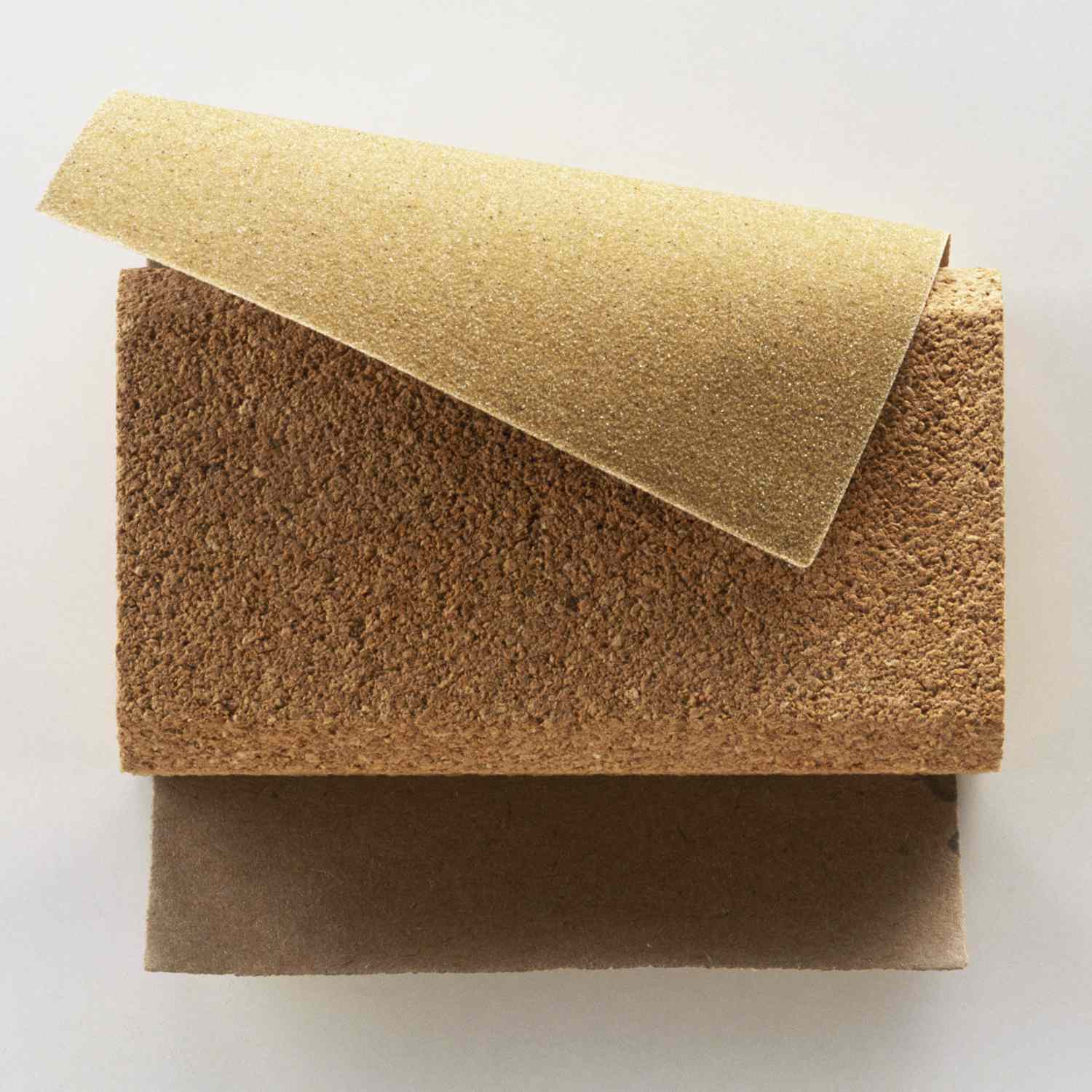






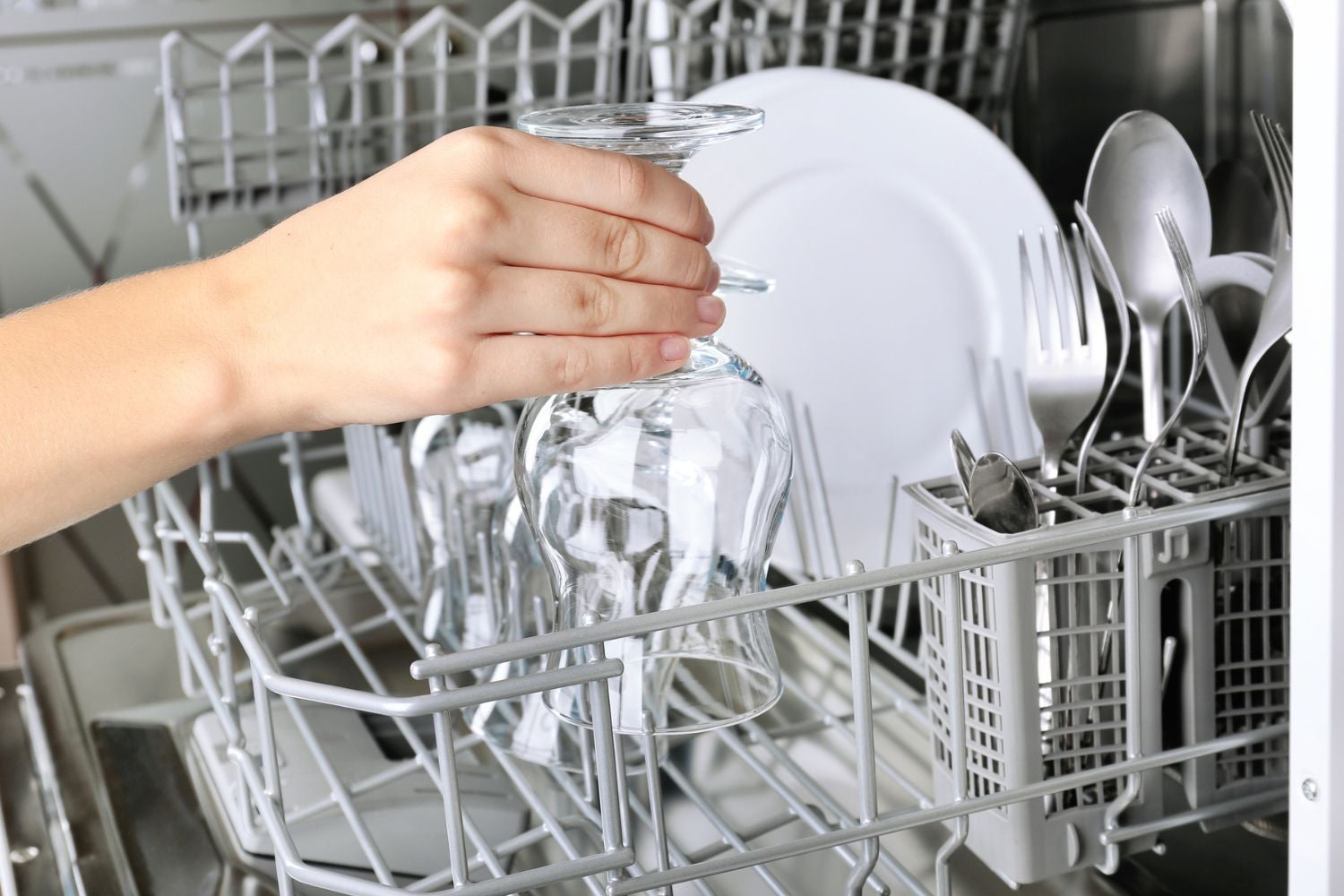


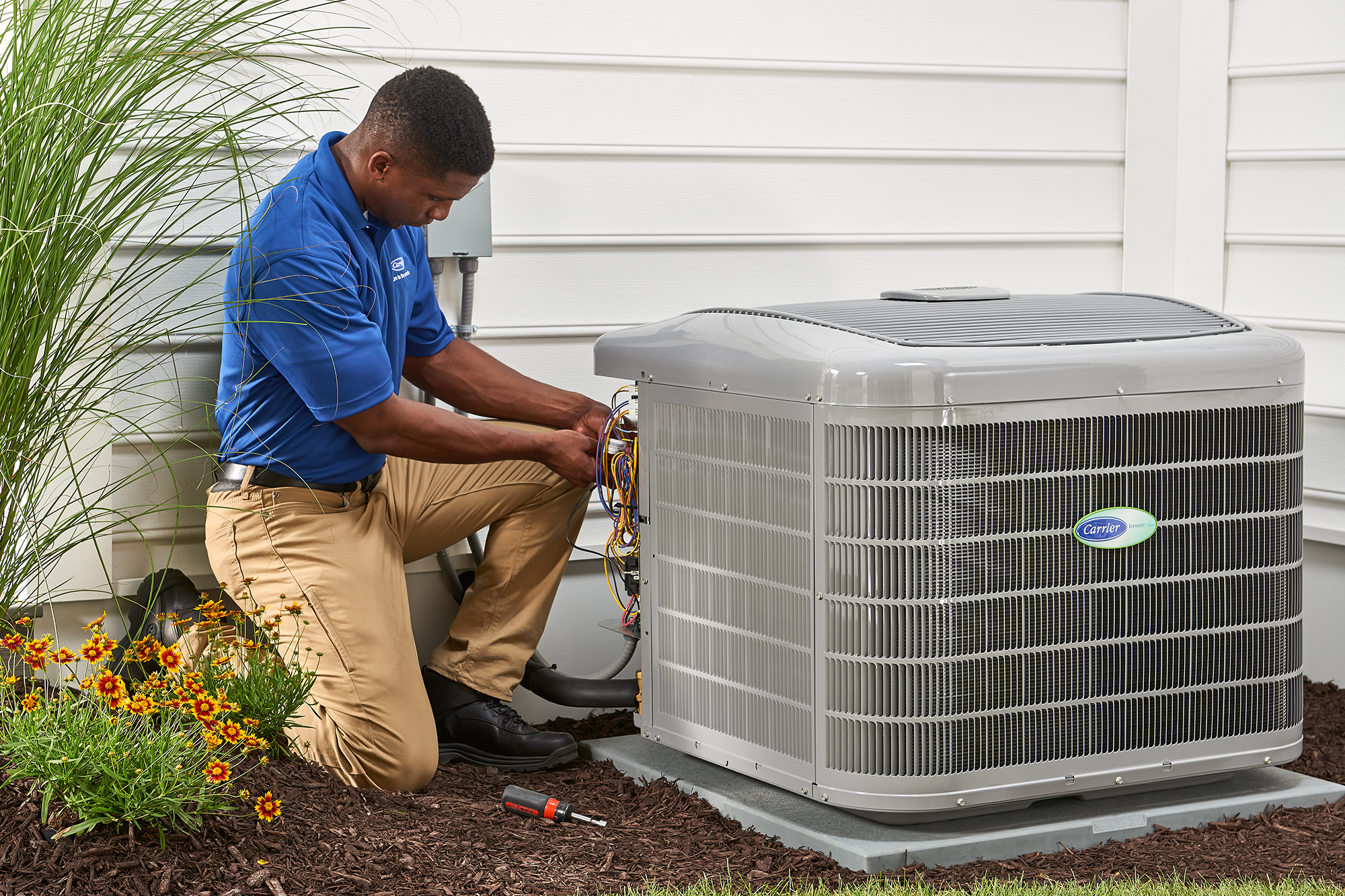
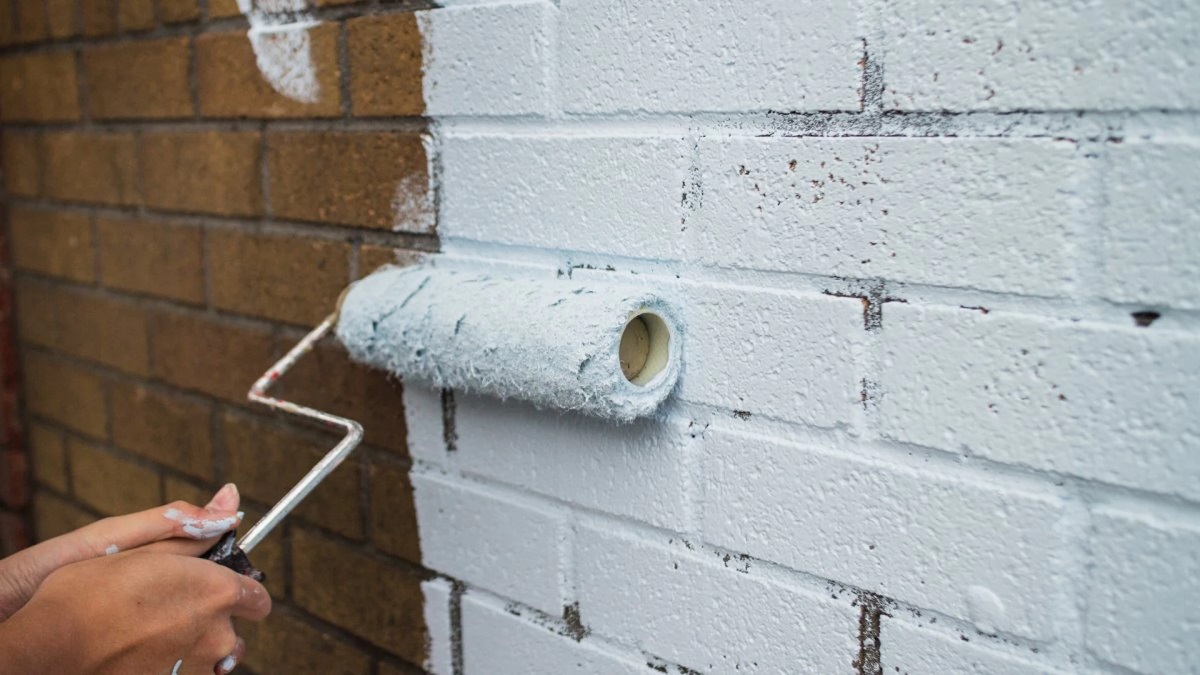



0 thoughts on “How Long Does A Dryer Last”